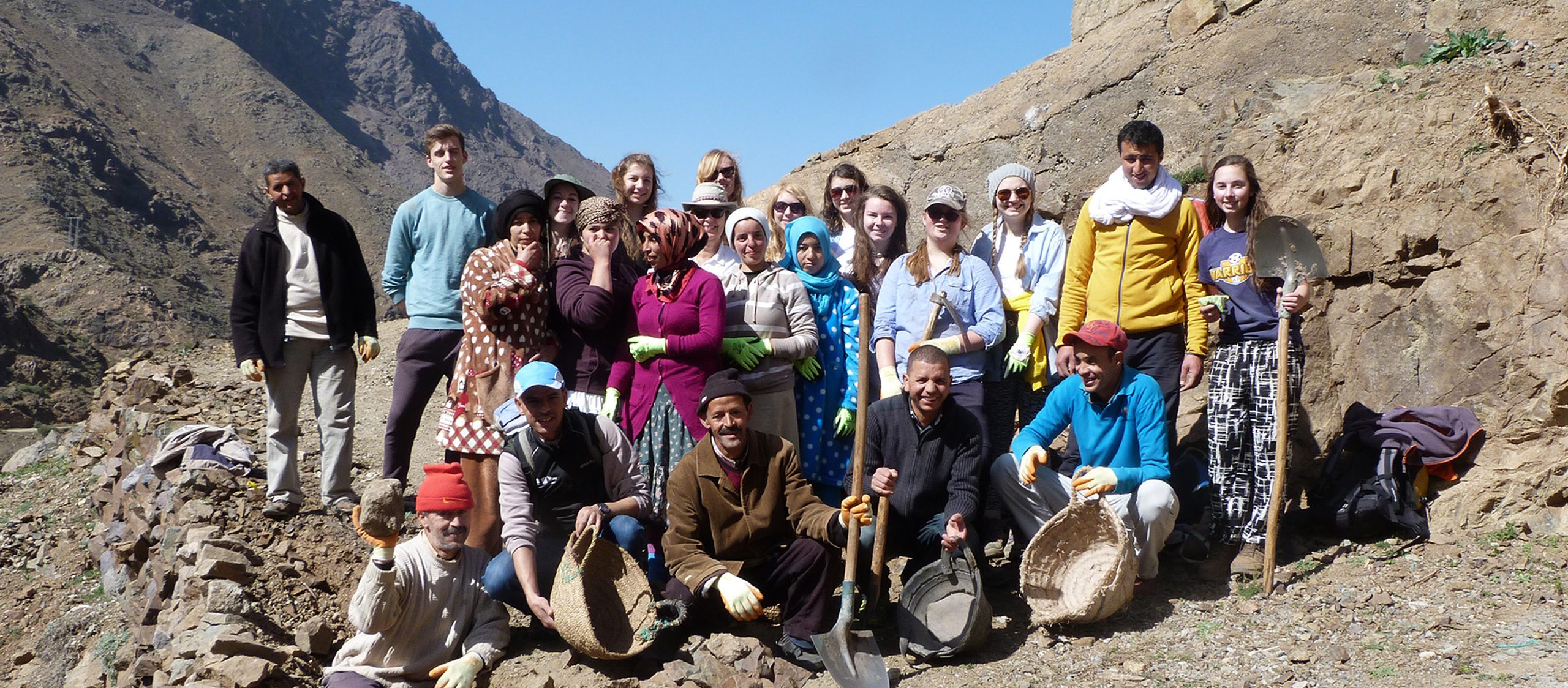An extended expedition is an experience, a great adventure. And, probably one that you’ll remember for the rest of your life.There are endless motivations that compel people to take part in such expeditions, but one of the greatest values of and reasons to travel at a young age is the educational benefits you gain from extended school expeditions. And we don’t just mean in the academic sense… Extended expeditions support the development of core skills and personal development that the universities and employers are seeking in today’s hyper competitive world.
This isn’t just our opinion here at The STC. A recent study carried out in-depth interviews with representatives from Higher Education bodies, heads of admissions and student recruitment at UK universities, as wells as heads of sixth-form and students either in their first year at university or currently applying through UCAS. The report provided independent insight and produced both qualitative and quantitative results that indicated the genuine value of extra-curricular activities like extended expeditions.
So what exactly are these educational benefits, you may ask? Well, an extended expedition will…
- Provide fantastic cross-curricular opportunities in the Humanities, Sciences and Modern Languages. The lessons learned and thought-skills acquired extend upon and enhance the (let’s be honest, sometimes rather dry) National Curriculum. More than half of universities value these demonstrations of activities beyond academic achievement when considering applicants.
- Teach you to how to work well in a team. When on expedition “teamwork makes the dream work!” Given that universities are fighting to recruit the most talented students, evidence of good social and teamwork skills helps them identify the students with the greatest potential. The same could be said of businesses too.
- Improve your communication and interaction skills - both with your team members and with people from other cultures too. Not only are these soft-skills identified as being beneficial in preparing students for the demands of higher-education study but also in developing the necessary skills for employment in the future.
- Strengthen your ability to both lead and be led. Not only do students develop essential teamwork skills but school expeditions also facilitate the opportunity for students’ natural leadership skills to flourish. This give students more confidence and presents opportunities for universities and employers to pick-out those with leadership qualities.
- Highlight the importance of meticulous organisation, planning and preparation. Expeditions present challenges far beyond those typically come across in academic work. These are real-life, usable skills that prepare students for university, and allow them to fully embrace their newfound independence.
- Teach you to problem-solve. You are likely to face stressful and challenging situations but dealing with and surmounting these difficulties can feel amazing! Travel and adventure gives you that edge – that self-confidence to tackle even the hardest tasks. Extended periods of travel also give you key traits of flexibility, adaptability and taking the initiative.
- Increase financial awareness. You will have to raise the money for your expedition yourself and learn to budget while you’re away, meaning you’ll gain a better understanding of money management. This also demonstrates entrepreneurial and business skills.
- Provide a unique hands-on approach to learning and the opportunity to carry out some field research and work alongside local communities and experts in their field. For many, these kinds of experiences will be the first real-world application of their skills and knowledge.
- Raise the bar in terms of your physical fitness and change your attitude towards food and nutrition. Much of what we have mentioned put emphasis on psychological development, however, there is no escaping the fact that expeditions are physically demanding also. Students can learn so much about themselves by rising to this challenge and overcoming it.
- Help you stand out when it comes to the increasingly competitive world of UCAS applications, university interviews or the job market, in which employers are increasingly looking for employable skills alongside academic qualifications. These rich experiences give students a wealth of material to use in an interview which will undoubtedly be more interesting than typical curricular activities. From increased confidence and improved fitness, to global awareness and money management skills, a school expedition will impact the rest of your life and provide untold educational benefits that will continue to reward you long after you return home!
p.s. an expedition will also probably be the most fun you've had in years! It's just 'fun', 'good times', 'quality time with friends' and a 'bloomin' great adventure' aren't quite such buzz words when it comes to UCAS and job interviews! Shame...
